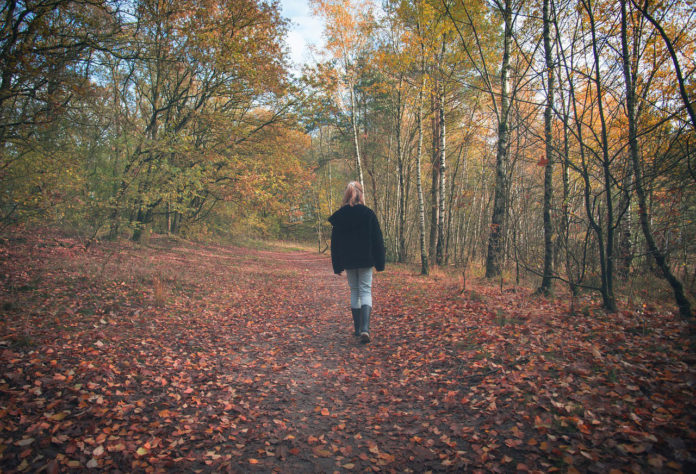The coronavirus disease 2019 (COVID-19) pandemic is having a profound effect on all aspects of society, including mental health and physical health.
A new study draws on over 60 pre-existing, peer-reviewed studies into topics spanning isolation, loneliness, and mental health for young people aged four to 21.
The study conducted by the University of Bath, in collaboration with scientists at Bristol, UCL, Reading, and Edinburgh, found that children and adolescents are likely to experience high rates of depression and anxiety long after the current lockdown and social isolation ends. And this impact of loneliness and depression could last for at least nine years.
The study also offers evidence that the duration of loneliness may be more important than the intensity of loneliness in increasing the risk of future depression among young people.
Dr. Maria Loades, a Research Fellow in the Bristol Medical School and clinical psychologist from the Department of Psychology at the University of Bath, led the work. She said: “From our analysis, it is clear there are strong associations between loneliness and depression in young people, both in the immediate and the longer-term. We know this effect can sometimes be lagged, meaning it can take up to 10 years to understand the scale of the mental health impact the COVID-19 crisis has created.”
“There is evidence that it’s the duration of loneliness as opposed to the intensity, which seems to have the biggest impact on depression rates in young people. This means that returning to some degree of normality as soon as possible is, of course, important. However, how this process is managed matters when it comes to shaping young people’s feelings and experiences about this period.”
“For our youngest and their return to school from this week, we need to prioritize the importance of play in helping them to reconnect with friends and adjust following this intense period of isolation.”
Members of the review team were also involved in a recent open letter to Education Secretary, Gavin Williamson MP, focusing on support for children’s social and emotional wellbeing during and after lockdown. In their letter, they suggested that:
- The easing of lockdown restrictions should be done in a way that provides all children with the time and opportunity to play with peers, in and outside of school, and even while social distancing measures remain in place;
- Schools should be appropriately resourced and given clear guidance on how to support children’s emotional wellbeing during the transition period as schools reopen and that play – rather than academic progress – should be the priority during this time;
- The social and emotional benefits of play and interaction with peers must be communicated, alongside guidance on the real risks to children.
Journal Reference:
- M. Loades et al., Rapid Systematic Review: The impact of social isolation and loneliness on the mental health of children and adolescents in the context of COVID-19. DOI: 10.1016/j.jaac.2020.05.009
